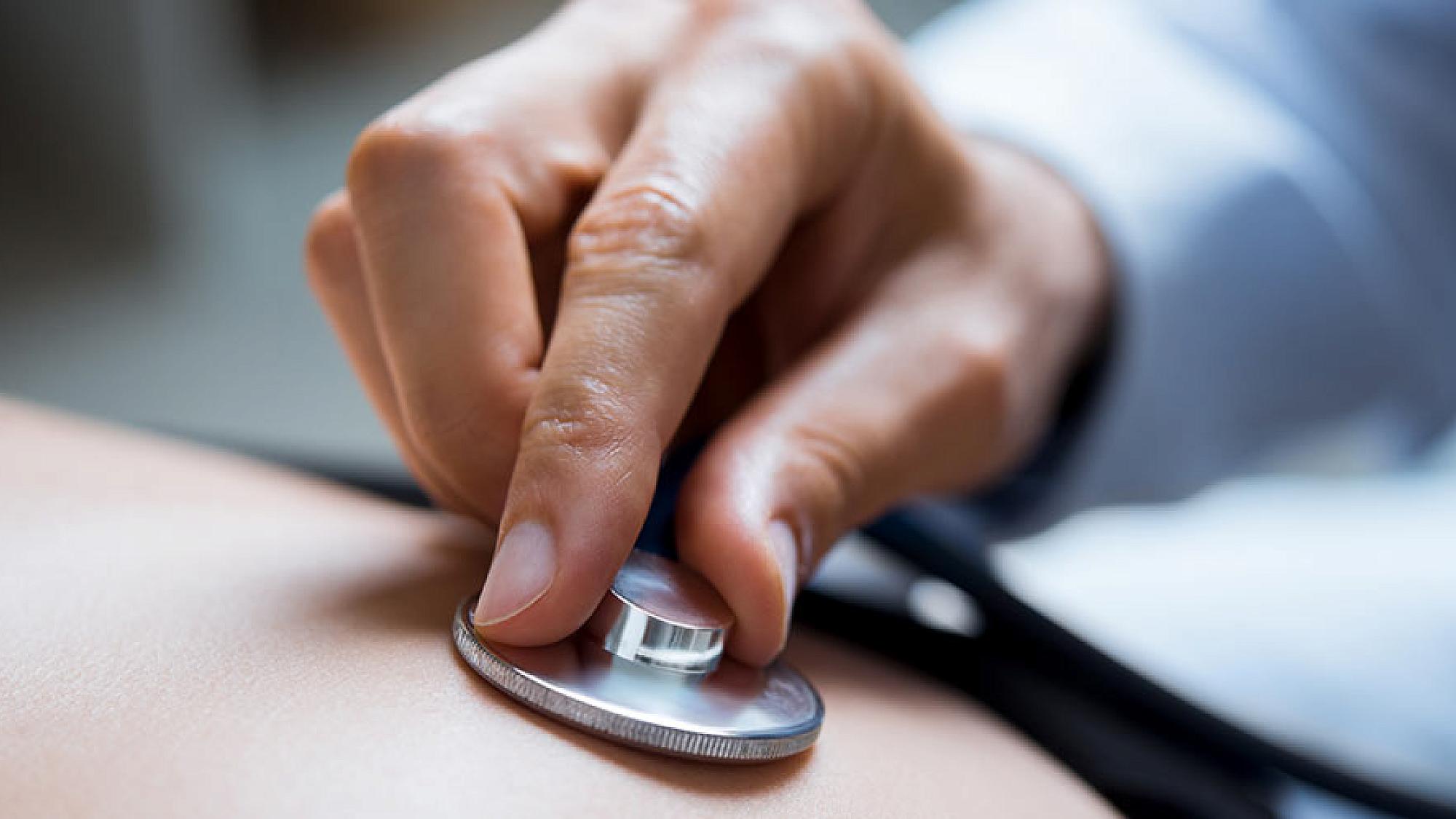What Causes a Heart Attack?

When the arteries that carry blood to your heart become blocked, your heart doesn’t get enough oxygen. This causes a heart attack.
Cardiologists at U of U Health's Heart & Vascular Services are expert in determining both the cause of the heart attack and possible treatments. Since heart attacks can be caused by several different things, it’s important to have a specialist evaluate your individual situation. After you’ve been evaluated, our specialists can determine your best treatment options.
Because our heart care services are part of an academic medical center, we also offer cutting-edge techniques and experienced specialists who are researching all aspects of heart disease and related conditions. This adds to the patient experience because you are receiving not just the best care, but the most informed care in health care services.
Find a Cardiovascular Specialist
Conditions That Can Cause a Heart Attack
What Are the Symptoms of a Heart Attack?
It can be harder than you might think to recognize when a heart attack is happening. Some people have very mild symptoms that they may not even consider pain. Other people have debilitating pain that prevents them from walking or standing.
Heart attack symptoms can be very different for each person. Symptoms may include the following:
- Chest pain or discomfort. You might feel pressure, squeezing, or fullness in your chest that lasts longer than a couple minutes. You might also feel pain or a tight ache. Your pain or discomfort might go away for a little while but then come back.
- Stomach pain. Some people say that a heart attack feels like having heartburn. You may have pain that runs down from your chest into your stomach area.
- Pain in your upper body. Some people can have pain in their jaw, teeth, neck, back, or arms, or shoulders. You may have pain these areas but not have any pain in your chest.
- Shortness of breath. You may feel short of breath just before your chest starts to hurt—or you chest might not hurt at all. You may be taking deep breaths or you may feel like you’re panting.
- Heart palpitations. Heart palpitations are when it feels like your heart isn’t beating regularly. You might also notice your heartbeat more than you usually do.
- Nausea and vomiting. You might feel nauseous or throw up.
- Sweating. If you have a heart attack, you start sweating. Your skin might feel cold and clammy.
- Feeling lightheaded. If you have pressure in your chest, you may also feel dizzy or feel like you’re going to pass out.
- Anxiety. During heart attacks, some people feel like they’re having a panic attack. You may also feel uneasy but don’t know why.
You might not be sure if you’re having a heart attack. But remember, don’t “tough it out” for any longer than five minutes. Call 911 right away.








